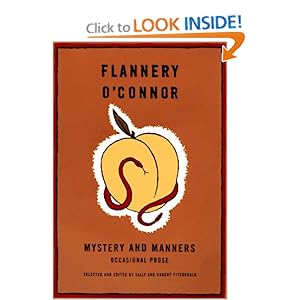Paper Towns by John Green
 This book was sooo great! It started out as just another high school romance. A guy gets girl kind of book (this time from the boys perspective). And then from one page to the next it became a mystery; totally suspenseful, I couldn't put it down. Along with the suspense were moments with the quirky teen characters that literally made me laugh out loud. And then again, somewhere around half-way through the book, it develops into something else. The protagonist, Quentin, has these enlightening moments, that are insightful for both him and the reader. And the ending was just so fantastic.
This book was sooo great! It started out as just another high school romance. A guy gets girl kind of book (this time from the boys perspective). And then from one page to the next it became a mystery; totally suspenseful, I couldn't put it down. Along with the suspense were moments with the quirky teen characters that literally made me laugh out loud. And then again, somewhere around half-way through the book, it develops into something else. The protagonist, Quentin, has these enlightening moments, that are insightful for both him and the reader. And the ending was just so fantastic.
Reviewers have said, "Printz Medalist John Green returns with the trademark brilliant wit and heart-stopping emotional honesty that have inspired a new generation of readers"..."[He] taps into the cadence of teenage life with sharp and funny writing, but transcends age with deeper insights."
So here's what it's about, Quentin, or Q, has a massive crush on his neighbor of 16 years, Margo Roth Spiegelman. When she drops by his window in the dead of night, asking to borrow his car for a revenge campaign, he takes her, and things finally start looking up for their relationship. But the next day, Margo doesn't come back. She doesn't come back the day after that. And the day after that. Everyone decides that she's gone forever, and that she'll never come back, but Q finds clues that seem to be specifically for him, and he becomes determined to get her back. As he follows the clues, Q realizes he has loved the idea of Margo Roth Speigelman, but doesn't really know who Margo actually is at all. As he is getting to know Margo more and coming closer to finding her, he also realizes just kind of simple things about how we all view other people. For example, do we look at them through windows or mirrors? I can't even remember all of the little Aha! moments I had, but like the reviewers I found it to be surprisingly thought-provoking and insightful.
Another blogger listed her favorite things about the book so I'm going to steal some of her ideas because I completely agree:
Q's narration is one of the funniest and wittiest I've read. Here's a ridiculous quote as example: "I always felt like you had to be important to have enemies. Example: Historically, Germany has had more enemies than Luxembourg. Margo Roth Spielgelman was Germany. And Great Britain. And the United States. And czarist Russia. Me, I'm Luxembourg. Just sitting around, tending sheep, and yodeling." Green's writing is full of goofiness like this :)
The characters were actually very believable. I can imagine them walking down the halls in my high school.
The writing was...lovely. It wasn't choppy, or anything. It flowed. And the dialogue was incredible. Maybe it's because he worked for radio stations, but John Green knows how to write dialogue that sort of seeps in naturally. It didn't seem fake or contrived. Like I said, it flowed.
The ending! The road trip, the climax, the last few pages-I absolutely adored everything. I admire how John Green ended the story, and I especially liked how he resolved the Q/Margo thing. It wasn't cheesy. It wasn't utterly romantic. It was...perfect and fit the novel nicely.
This quote from the last page is one of my favorites: "It is saying these things that keeps us from falling apart. And maybe by imagining these futures we can make them real, and maybe not, but either way we must imagine them."
So there you go. I think even you older ladies could enjoy this because it really is true to people and things that happen and feelings you have when you're a teenager. Next to Sherman Alexie, John Green is now one of my favorite young adult authors.







